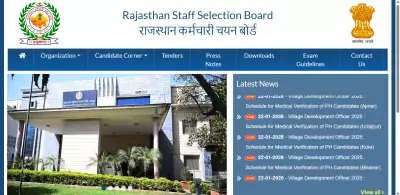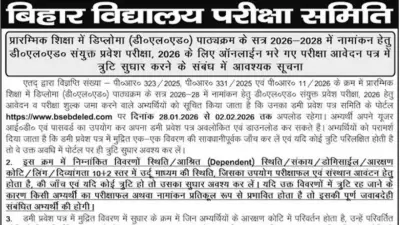
As UPSC aspirants across India gear up for the crucial Mains examination, mastering the art of answer writing becomes the key differentiator between success and disappointment. The General Studies Paper 1, covering Indian heritage, culture, history, and geography of the world, demands not just knowledge but strategic presentation.
The Blueprint for High-Scoring Answers
Successful UPSC candidates understand that content knowledge alone isn't enough. Examiners look for well-structured, comprehensive responses that demonstrate analytical thinking and clarity of expression. Here's how to craft winning answers:
Structural Excellence: The Foundation
- Introduction with Context: Begin with a brief, relevant introduction that sets the stage for your answer
- Thematic Organization: Divide your content into logical sections with clear headings
- Conclusion with Perspective: End with a forward-looking conclusion that summarizes key points
Content Mastery: Beyond Textbook Knowledge
Today's UPSC demands more than rote learning. Integrate current affairs with static knowledge, use relevant data and examples, and demonstrate multi-dimensional understanding of topics. For instance, when discussing geographical phenomena, connect them to contemporary environmental issues and government initiatives.
Essential Answer Writing Techniques
- Time Management: Allocate specific time for each question based on marks
- Keyword Emphasis: Highlight important terms and concepts
- Diagram Integration: Use maps, flowcharts, and diagrams where appropriate
- Balanced Perspective: Present multiple viewpoints before concluding
Common Pitfalls to Avoid
Many talented candidates lose valuable marks due to avoidable mistakes. Steer clear of overly lengthy introductions, irrelevant information, poor handwriting, and incomplete answers. Remember, quality always trumps quantity in UPSC evaluation.
Practice Makes Perfect
Regular answer writing practice under timed conditions is non-negotiable. Analyze previous years' question papers, understand the evolving pattern, and seek feedback from mentors or peer groups. The weeks leading up to the examination should focus on refinement rather than learning new content.
With strategic preparation and disciplined practice, cracking GS Paper 1 becomes an achievable goal for every serious UPSC aspirant. The key lies in understanding what examiners expect and delivering precisely that.





